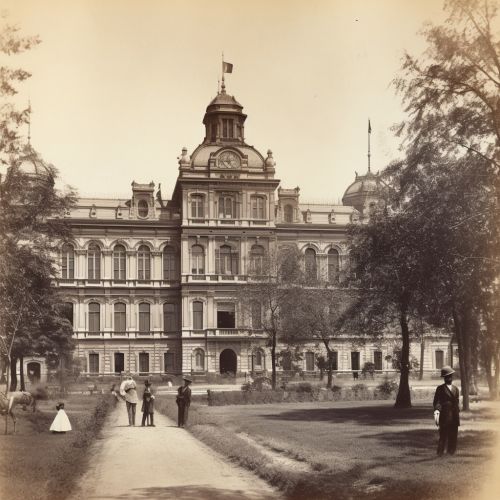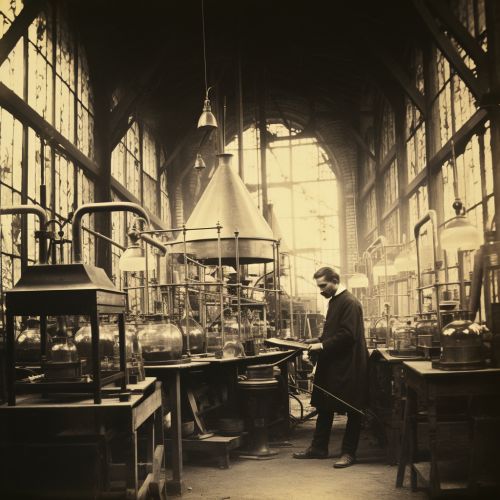Ivan Pavlov
Early Life and Education
Ivan Petrovich Pavlov was born on September 14, 1849, in Ryazan, Russia. His father, Peter Dmitrievich Pavlov, was a village priest. As a child, Pavlov demonstrated a keen interest in the natural sciences and the workings of the world around him. This curiosity led him to the Ryazan Ecclesiastical Seminary, where he initially studied to follow in his father's footsteps.
However, after reading the works of Charles Darwin and Ivan Sechenov, Pavlov decided to devote his life to science. He left the seminary and enrolled at the Saint Petersburg University in 1870, where he studied chemistry and physiology.


Career and Research
After completing his studies, Pavlov went on to work in the laboratory of the famous Russian physiologist, Ivan Sechenov. He spent several years conducting research on the nervous system and digestive system, which laid the foundation for his later work.
In 1890, Pavlov was appointed as the Professor of Pharmacology at the Military Medical Academy. He held this position until 1925, when he was elected as the Academician of the Russian Academy of Sciences.
Pavlov's most significant contribution to psychology and physiology was his research on classical conditioning. This theory, also known as Pavlovian conditioning, was developed through his experiments with dogs. Pavlov observed that dogs would salivate when they saw or smelled food. He then began to ring a bell before presenting the food. After repeated pairings, the dogs began to salivate merely at the sound of the bell, even when no food was presented. This demonstrated that behaviors could be learned through association, a principle that has had a profound impact on the field of psychology.
Impact and Legacy
Pavlov's work has had a significant impact on various fields, including psychology, physiology, and education. His theory of classical conditioning has been used to understand and explain various phenomena, such as phobias, addictions, and learning processes.
In recognition of his contributions, Pavlov was awarded the Nobel Prize in Physiology or Medicine in 1904 for his work on the physiology of digestion. He remains the only Russian Nobel laureate in Physiology or Medicine.
Despite facing numerous challenges, including political upheaval and personal tragedies, Pavlov continued his research until his death on February 27, 1936. His dedication to science and his pioneering research have left a lasting legacy in the scientific community.


